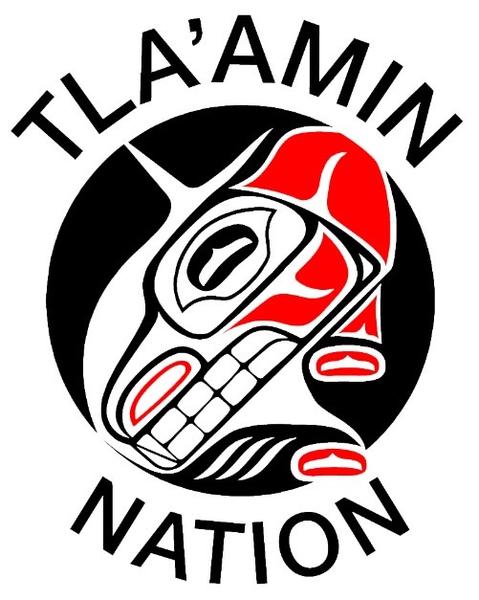
By: Alexander Wightman
The Tla’amin Final Agreement is a treaty and land claims agreement signed between the Tla’amin First Nation, the Federal Government and Provincial (British Columbia) Government. The agreement, was signed in 2014 and took effect in 2016, grants Tla’amin Nation the right to be self-governing. In the agreement there are many provisions that align with the Sustainable Development Goals (SDG). One such example is provision 65 from Chapter 9 – Fisheries:
65. As of the effective date, British Columbia will not issue authorizations for uses of the Foreshore areas identified in Appendix O for the activities that are incompatible with the recreational harvesting of shellfish or harvesting of shellfish by First Nations for food, social and ceremonial purposes.
This provision establishes a commitment from the Provincial Government to prevent the authorization of uses of the foreshore areas identified in ‘Appendix O” that may negatively affect Tla’amin shellfish harvesting practices. This provision is included in the treaty to protect Tla’amin fishing grounds, natural resources as well as to protect Tla’amin traditional practices. The provision simply states that the province will not authorize “activities” within the Tla’amin Fishing grounds that impeded the Tla’amin harvesting of shellfish. This can be construed to be rather broad as it does not explicitly state what kind of activities. However, by not identifying specific kinds of activities that will not be authorized, it allows for this provision to be applied to any activity that the Tla’amin Nation or the provincial government may deem incompatible with the Nation’s harvesting of shellfish. Two criticisms of this provision however may be: that it applies only to activities that require provincial authorization and it also does not establish whether the Tla’amin First Nation has any power in persuading the crown whether a given activity is incompatible with their shellfish harvesting practices.
Provision 65 has multiple connections to the Sustainable Development Goals. First, it can be linked to the SDG’s as it establishes a commitment by the provincial government to protect aquatic natural resources. Since the subject of the provision is broadly stated as “activities that are incompatible with the recreational harvesting of shellfish”, this provision can be linked to many themes of SDG 14. The “activities” in which provision 65 seeks to inhibit could include those that relate to: marine pollution (target 14.1), degrading coastal ecosystems (target 14.2) and overfishing (target 14.3 and 14.5). This provision also directly aligns with the goal of SDG target 14.4. Target 14.4 seeks to “regulate harvesting and end overfishing… and destructive fishing practices”. By not authorizing incompatible activities the Government of British Columbia has committed to protecting the health of shellfish stocks in the Tla’amin fishing grounds. Moreover, provision 65 can be used to promote target 14.B: “Provide access for small-scale artisanal fishers to marine resources and markets”. The goal of provision 65 is to protect Tla’amin Nation’s ability to harvest shellfish for a variety of purposes, thus guaranteeing access for small-scale fishers (members of Tla’amin Nation) to natural resources, in this case shellfish. Finally, provision 65 has relevance to other SDGs as well, most notable SDG 12: Sustainable consumption and production. Target 12.2 seeks to “achieve the sustainable management and efficient use of natural resources”. Provision 65 aligns with this target as it establishes a management commitment by British Columbia that seeks to protect the natural resources of the Tla’amin fishing grounds.
